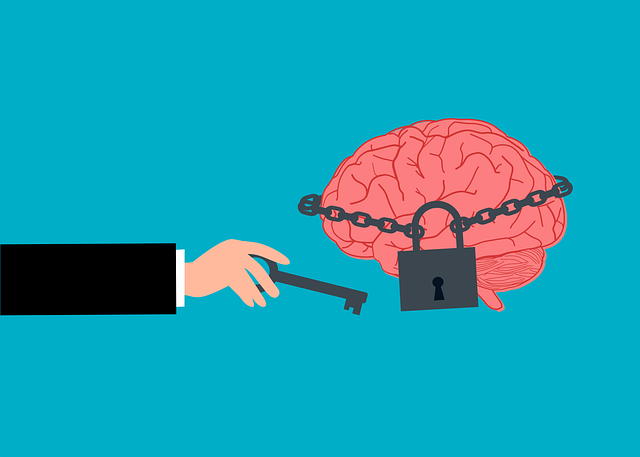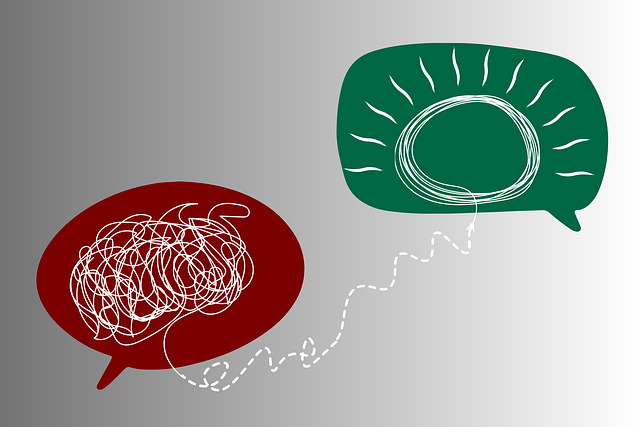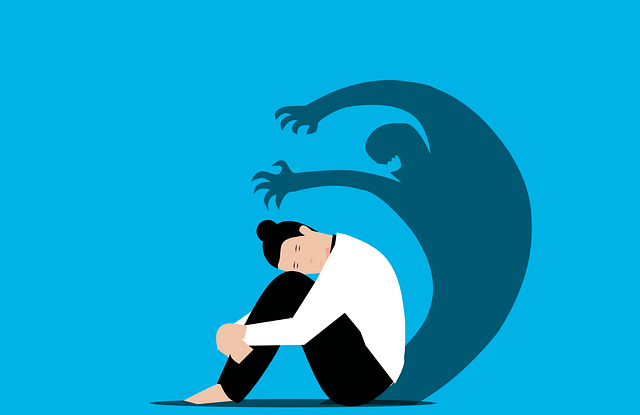Anxiety in children from blended families is a common challenge requiring specialized therapy for children blended families. This involves tailored approaches like Cognitive Behavioral Therapy (CBT) to address negative thought patterns and teach coping mechanisms. Mindfulness and relaxation techniques, integrated into therapy, help calm nervous systems and build emotional intelligence. Regular journaling supports this process. By fostering resilience through these methods, children in blended families can navigate complex dynamics and improve overall well-being.
Anxiety among children from blended families is a growing concern, prompting parents and caregivers to seek effective management techniques. This article explores comprehensive strategies to address this challenge, focusing on Cognitive Behavioral Therapy (CBT) as a powerful tool, alongside mindfulness and relaxation methods. We delve into building resiliency for long-term mental health. Understanding anxiety in this unique family structure is crucial, leading to tailored interventions that foster resilience and well-being in children. Discover practical approaches, backed by professional insights, designed specifically for therapy in blended families.
- Understanding Anxiety in Children from Blended Families
- Cognitive Behavioral Therapy (CBT): A Powerful Tool for Coping
- Mindfulness and Relaxation Techniques for Calming Nerves
- Building Resiliency: Strategies for Long-Term Management
Understanding Anxiety in Children from Blended Families

Anxiety is a common struggle among children, and this issue can be exacerbated in those from blended families, where they may experience unique challenges at home. Understanding and addressing anxiety in this demographic requires a nuanced approach that considers their specific family dynamics. Therapy for children in blended families often focuses on cultivating compassion and empathy, as these skills help them navigate complex relationships and emotions.
Compassion cultivation practices have been shown to be beneficial in managing anxiety, especially in stressful family environments. By teaching children mindfulness techniques and fostering open communication, parents and caregivers can play a pivotal role in preventing burnout, which is a significant concern for healthcare providers working with this population. Burnout prevention strategies are essential tools to ensure the well-being of both the child and the support system around them.
Cognitive Behavioral Therapy (CBT): A Powerful Tool for Coping

Cognitive Behavioral Therapy (CBT) has emerged as a powerful tool for managing anxiety, especially in children from blended families. This form of therapy focuses on identifying and changing negative thought patterns that contribute to feelings of anxiety and stress. By teaching children effective coping mechanisms and strategies for positive thinking, CBT empowers them to navigate challenging situations with greater ease. It also offers valuable conflict resolution techniques, which are particularly beneficial in blended families where step-parents and siblings may have differing ways of dealing with emotions.
In addressing trauma support services within these family structures, CBT can help children process and overcome past experiences that might be triggering anxiety. Through a combination of talking therapies and practical exercises, CBT encourages children to develop healthier perspectives on their thoughts and behaviors, fostering resilience and emotional well-being. This tailored approach ensures that each child receives the specific support they need, whether managing social anxiety or dealing with the stress of family transitions.
Mindfulness and Relaxation Techniques for Calming Nerves

Mindfulness and relaxation techniques are powerful tools for calming nervous systems, especially beneficial for children navigating the complexities of blended families. These practices can help individuals cultivate emotional intelligence, enabling them to better understand and manage their feelings in times of stress. Therapy for Children in blended families often incorporates mindfulness exercises tailored to their age groups, such as guided meditations focusing on breath awareness or body scans, which encourage present-moment focus and promote relaxation.
By integrating these techniques into daily routines, children can develop crisis intervention guidance within themselves, fostering resilience and adaptability. Mental wellness journaling exercise guidance, for instance, encourages them to express their emotions through writing, helping to identify triggers and patterns while providing a safe space for emotional exploration. Through regular practice, mindfulness and relaxation become valuable allies in maintaining mental balance, even during life’s challenges.
Building Resiliency: Strategies for Long-Term Management

Building resiliency is a key component of long-term anxiety management, especially for children navigating complex family dynamics such as blended families. Therapy can play a pivotal role in equipping these young individuals with effective coping strategies to deal with stress and emotional challenges. Through cognitive-behavioural therapy (CBT), children learn to identify and challenge negative thought patterns that contribute to anxiety. This process empowers them to replace those thoughts with healthier, more realistic perspectives, fostering improved emotional well-being.
In blended families, where step-parents and half-siblings may have different attachment styles or past experiences, promoting consistent stress management techniques is essential. Simple yet powerful practices like mindfulness exercises, deep breathing, and progressive muscle relaxation can be incorporated into daily routines. These tools help family members reduce anxiety symptoms and create a calmer environment, enabling better communication and stronger bonds. By combining therapy with these emotional well-being promotion techniques, children in blended families can build resilience, enhancing their ability to cope with life’s challenges over the long term.
Anxiety management techniques are essential tools for children from blended families navigating unique challenges. By understanding and addressing anxiety, cognitive behavioral therapy (CBT) offers powerful coping mechanisms, while mindfulness and relaxation practices promote calmness and resilience. Building resiliency through these strategies enables children to manage anxiety in the short and long term, fostering healthier and more secure lives within their blended family dynamics. Effective therapy for children in blended families is key to unlocking their full potential.














